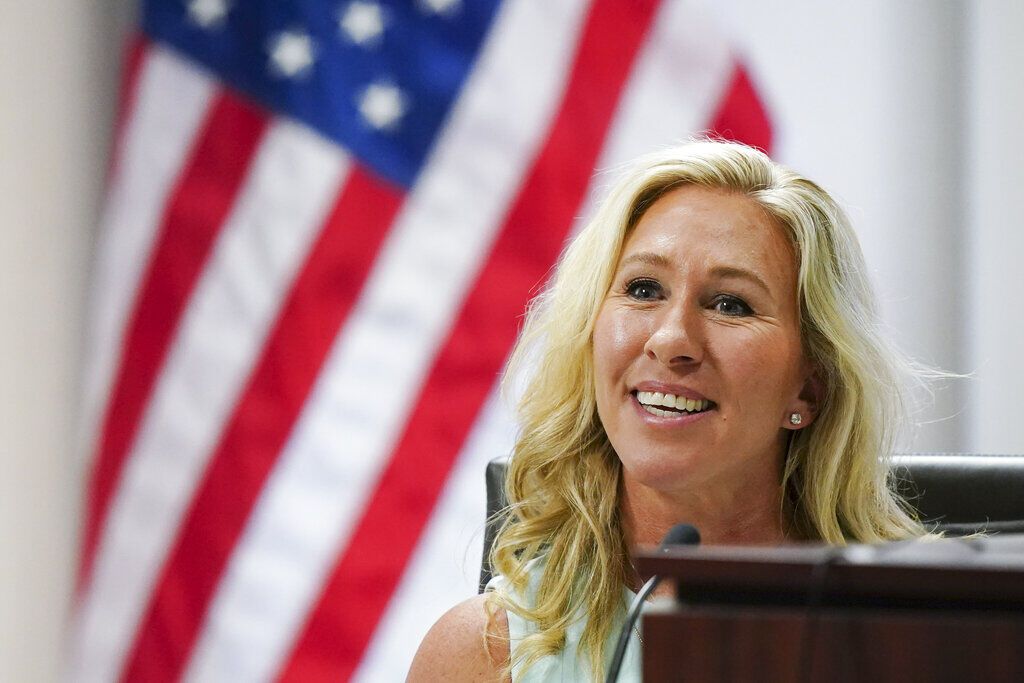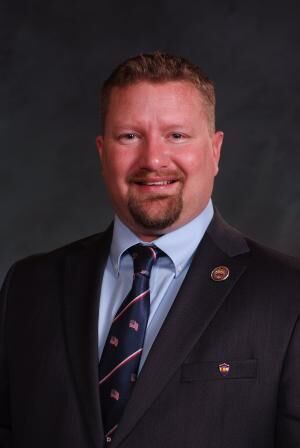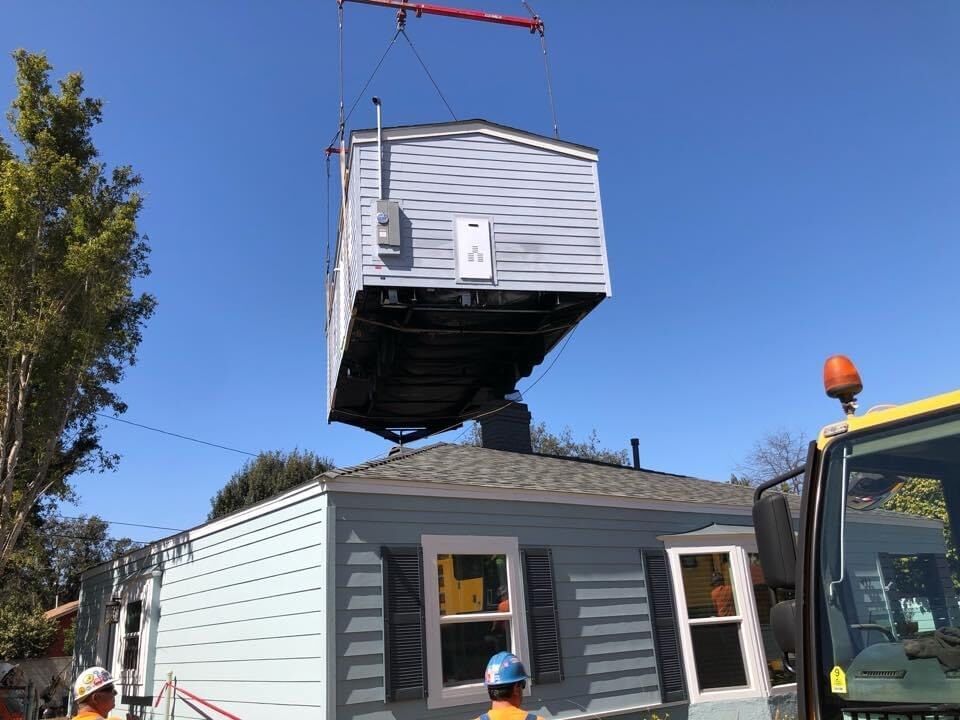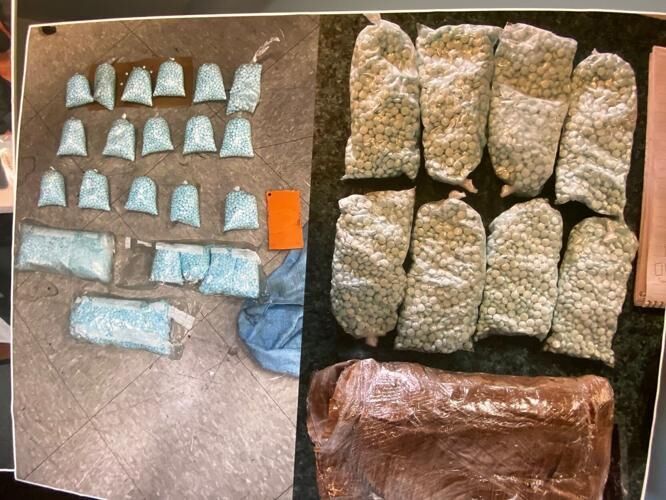How Colorado’s congressional delegation voted (July 22, 2017)
H.R. 2825: Department of Homeland Security Authorization Act of 2017
This was a vote to pass H.R. 2825 in the House.
H.R. 2825, the Department of Homeland Security Authorization Act of 2017, is the Homeland Security Department’s first ever reauthorization. The legislation is intended as an improvement to the first authorization after the September 11, 2001 terrorist attacks. It provides funds to replace and upgrade Coast Guard vessels, to study new disaster preparedness techniques and to give first responders training and equipment to respond to terrorist threats. It also is supposed to improve the Homeland Security Department’s information-sharing capabilities with state and local government agencies that must prepare for threats of cyberattacks, disasters and violence.
Passed.
H.R. 2910: Promoting Interagency Coordination for Review of Natural Gas Pipelines Act
This was a vote to pass H.R. 2910 in the House.
H.R. 2910, the Promoting Interagency Coordination for Review of Natural Gas Pipelines Act, is supposed to address the need to expand and modernize the nation’s natural gas pipeline infrastructure by promoting more timely and efficient reviews. The Federal Energy Regulatory Commission (FERC) does environmental reviews of proposed natural gas pipeline projects. FERC also is supposed to coordinate environmental reviews and federal authorizations. Multiple permits often are required for natural gas pipeline projects by the Clean Water Act, Endangered Species Act and Clean Air Act. Under current FERC regulations, federal and state agencies participate in permit application reviews separately. However, some energy companies and agency officials have complained that pipeline infrastructure approvals are being delayed unnecessarily by a lack of coordination or insufficient action among the agencies. H.R. 2910 is designed to improve the permitting process by strengthening the lead agency role of FERC and further defining the process for participating federal and state agencies. The intent of these provisions is to involve stakeholders sooner so that they can be involved in setting schedules and identifying issues of concern earlier in the process. The legislation would require all participating agencies to comply with the review process and schedules established by FERC.
Passed.
H.R. 2883: Promoting Cross-Border Energy Infrastructure Act
This was a vote to pass H.R. 2883 in the House.
H.R. 2883, the Promoting Cross-Border Energy Infrastructure Act, prohibits any person from building, connecting, operating or maintaining a border-crossing facility to import or export oil, natural gas or electricity across an international border of the United States without obtaining a certificate of crossing. The Federal Energy Regulatory Commission (FERC), regarding oil or natural gas pipelines, and the Department of Energy, regarding electric transmission facilities, must issue a certificate of crossing for the border-crossing facility within 120 days after final action is taken under the National Environmental Policy Act of 1969, unless it is not in the public interest. The Energy Department, as a condition of issuing a certificate, must require that the border-crossing facility be constructed, connected, operated or maintained consistent with specified policies and standards. The bill amends the Natural Gas Act to require FERC to approve within 30 days after receipt any application to import or export natural gas into or out of Canada or Mexico. No presidential permit would be required to build, connect, operate or maintain an oil or natural gas pipeline or electric transmission facility, including any border-crossing facility. No certificate of crossing would be required for a modification to an existing facility that is operating to import or export oil, natural gas or electricity prior to the enactment of this bill.
Passed.
H.R. 806: Ozone Standards Implementation Act of 2017
This was a vote to pass H.R. 806 in the House.
H.R. 806, the Ozone Standards Implementation Act of 2017, would delay the compliance date for Clean Air Act ground level ozone standards. It won wide support from Republicans and oil and chemical companies, who warned that its tough new standards set in 2015 would result in job losses. Although it passed in the House by a comfortable margin, its chances in the Senate are less clear after Democrats opposed similar measures proposed by the Environment and Public Works Committee. The delay for the compliance date is supposed to give the Environmental Protection Agency time to modify the regulations to meet differing pollution circumstances among the states. H.R. 806 would delay the compliance date for the EPA’s 2015 National Ambient Air Quality Standards for ozone from 2017 until 2025. In addition, the EPA would be authorized to review each state’s compliance every 10 years, instead of the five-year cycles under current law. The new standards lower allowable levels of ozone to 70 parts per billion from the previous 75 parts per billion. The American Petroleum Institute endorsed H.R. 806 but the American Lung Association and other medical groups warned against it.
Passed.
H.R. 2786: To amend the Federal Power Act with respect to the criteria and process to qualify as a qualifying conduit hydropower facility
This was a vote to pass H.R. 2786 in the House.
H.R. 2786, an amendment to the Federal Power Act, would streamline and accelerate the permit process for hydroelectric generation within existing pipelines, canals and conduits. Under current law, installing a small hydroelectric generator in an existing canal requires the same amount of review as a large new dam. The bill is supposed to promote development of small conduit hydropower facilities by requiring the Federal Energy Regulatory Commission to determine whether a facility meets the standards to be classified as a small conduit within 30 days of receipt of notice by developers of the project of their intent to build hydroelectric generation facilities. The legislation also eliminates the five megawatt cap for conduit hydropower facilities to qualify for the permits.
Passed.
Source: GovTrack











